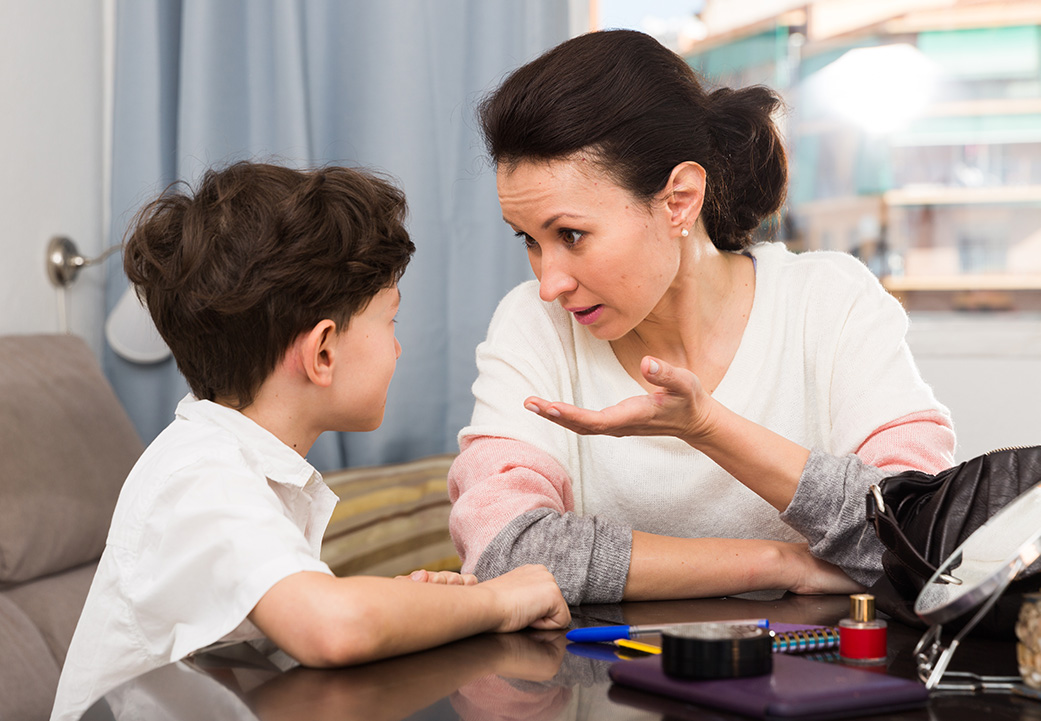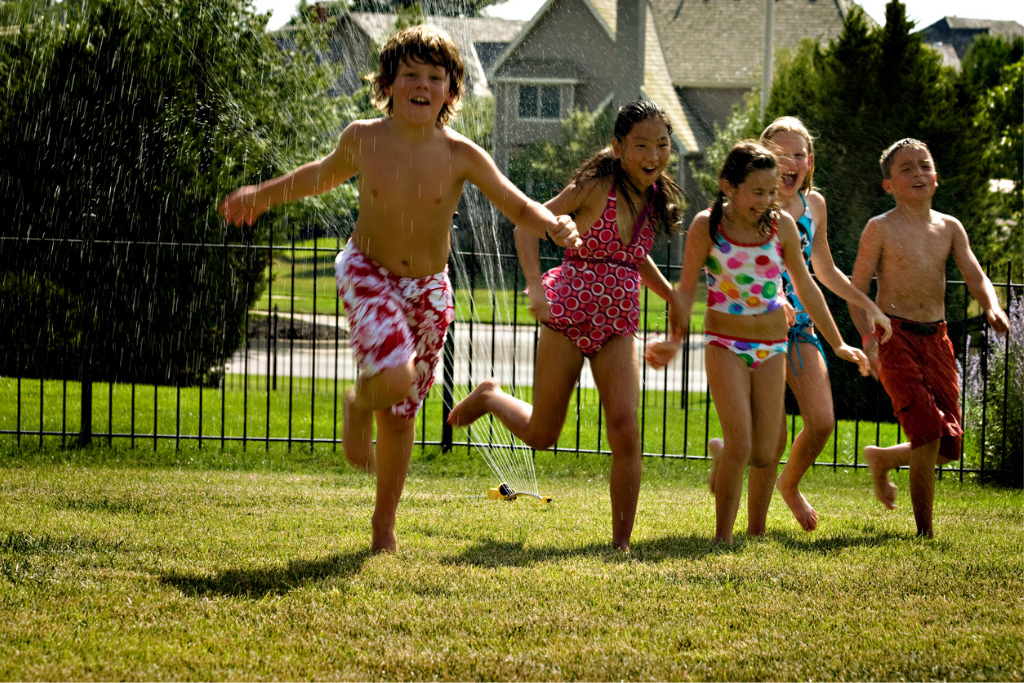The back to school conversation usually begins sometime in August. This year, as states and districts grapple with the safest ways to educate our country’s children, the conversation has turned from where to get the latest school trends to what model of schooling will occur in your town. Whether the choice is complete distance learning, complete in classroom learning , or a hybrid of something in between, one thing is for sure – overwhelmed parents will feel many different emotions. It is important for parents to acknowledge and cope with their own reactions. At the same time, children need to hear the back-to-school plan from their parents in a way that promotes a positive transition. Here are some important suggestions for how to have this conversation.



